By Julia Spiegel, fourth year rabbinical student Parashat Tzav Leviticus 6:1-8:36 The right to free speech, the right to a fair trial, the right to protest, and freedom of expression. I have been thinking about rights and freedom because of the crackdowns on civil liberties happening around us, filling my newsfeed. Not new but intensified, shifting shape. Watching the footage of Tufts doctoral student Rumeysa Ozturk be picked up by ICE in Somerville a few weeks ago makes me wonder... Read more




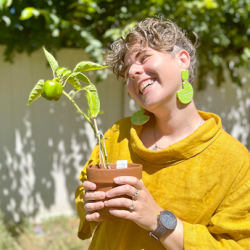

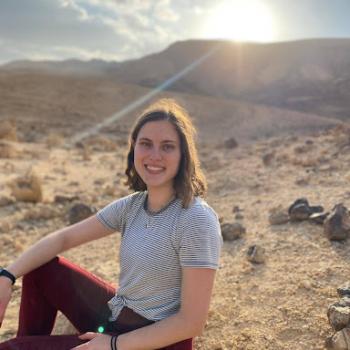


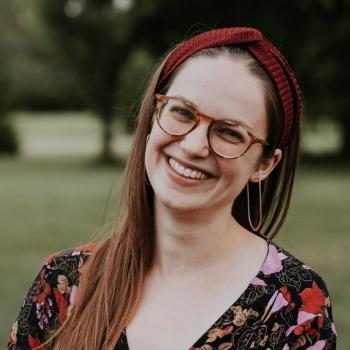
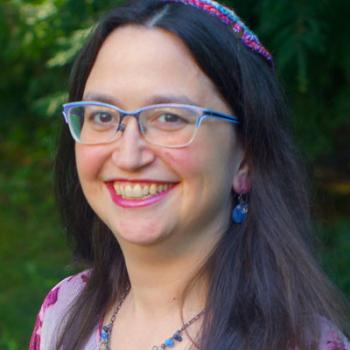


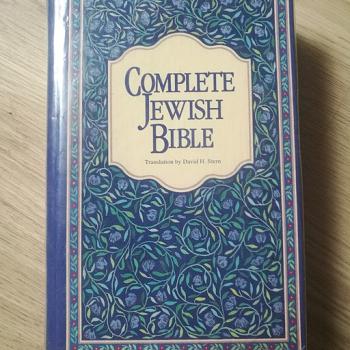







Breaking Risk
Parshat Shemini Lev. 9:1-11:47 Parshat Shemini concludes with God describing to Moshe many of the laws of kashrut (dietary laws), namely, lists of animals which are either permitted or forbidden to eat. Moshe also receives information about procedures for responding to cases in which the corpse of a deceased animal – that is, an animal which was not ritually slaughtered – comes into contact with people or objects, thereby transmitting ritual impurity. Note the difference in how different materials are... Read more